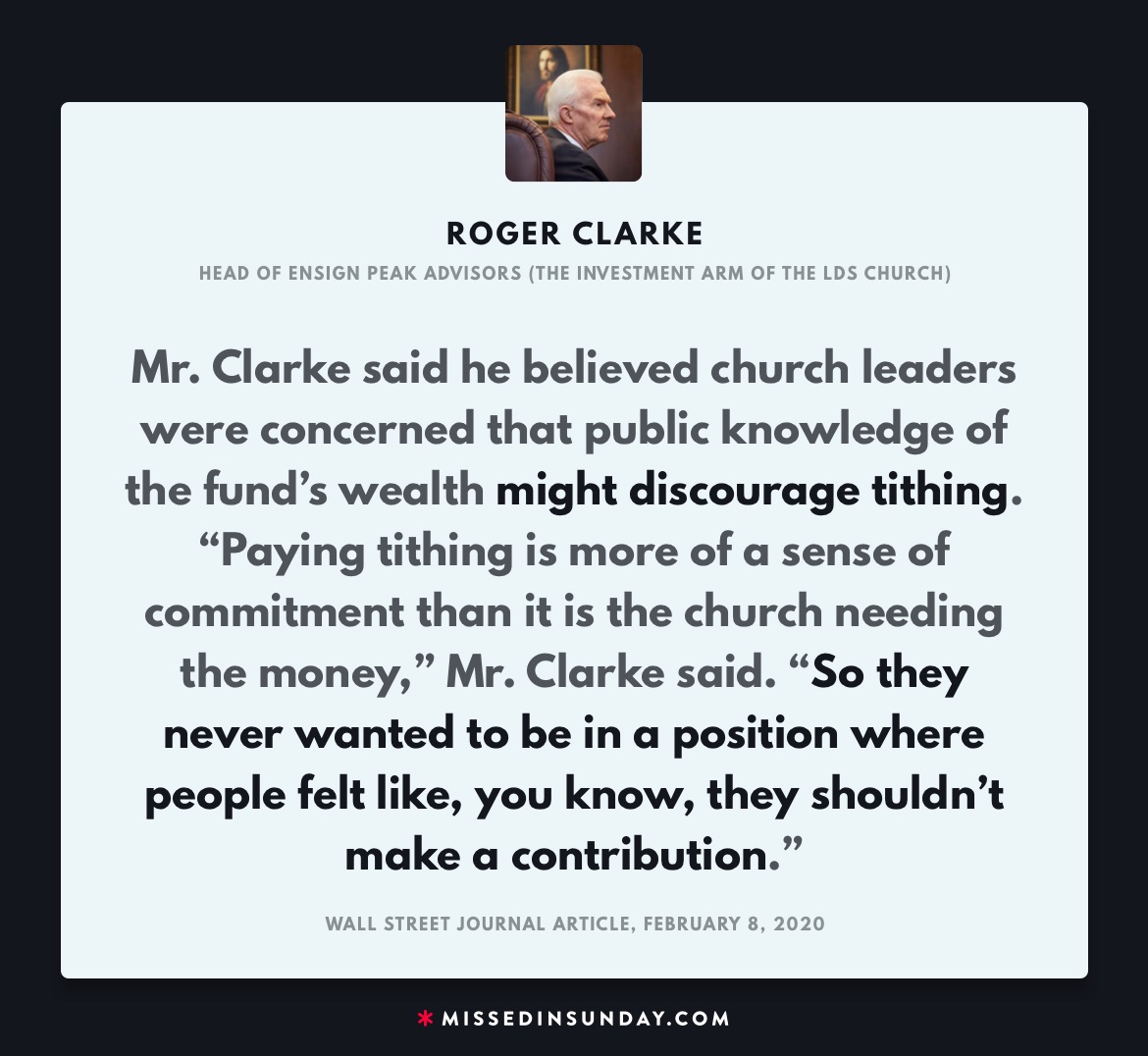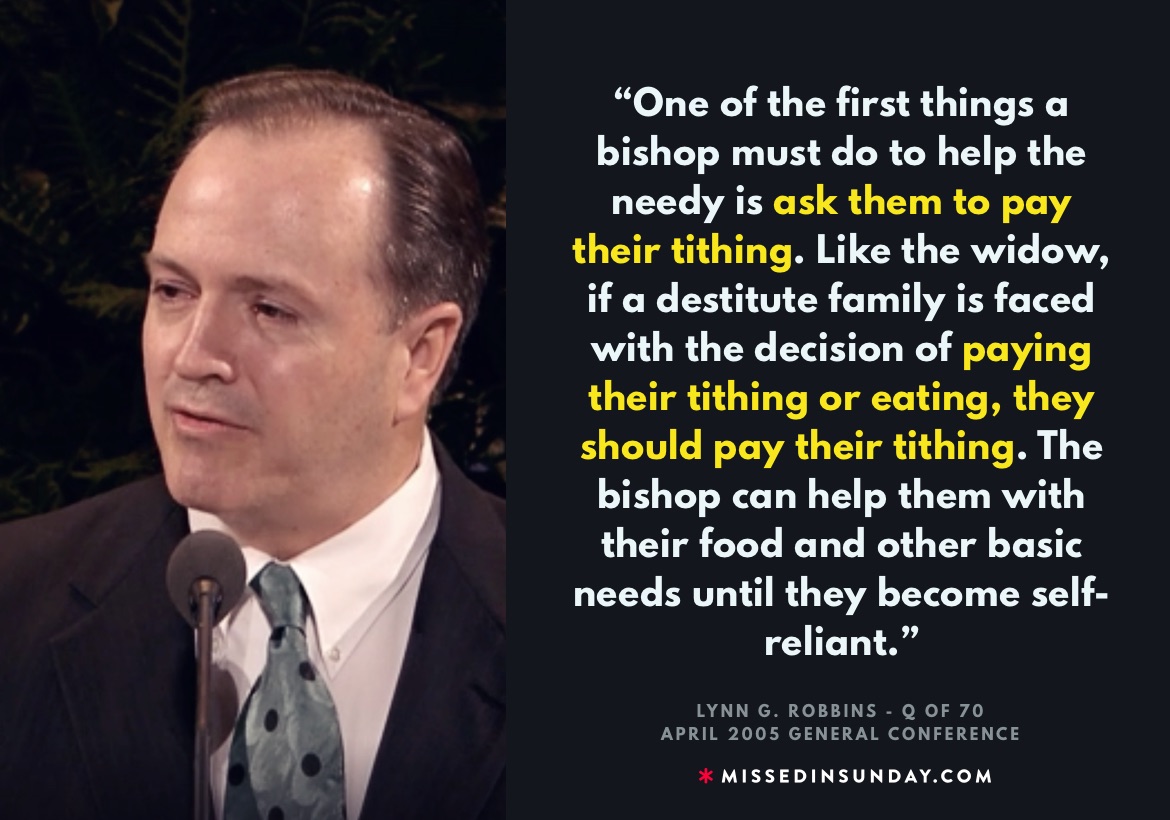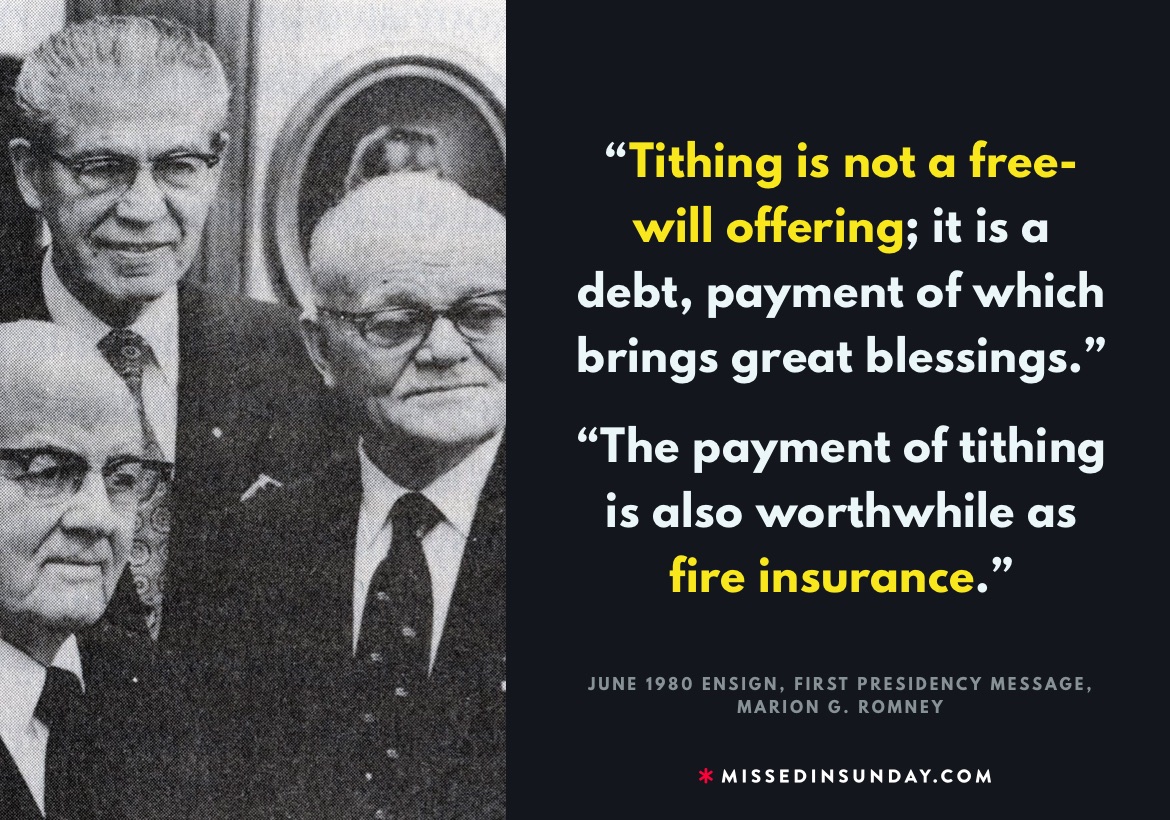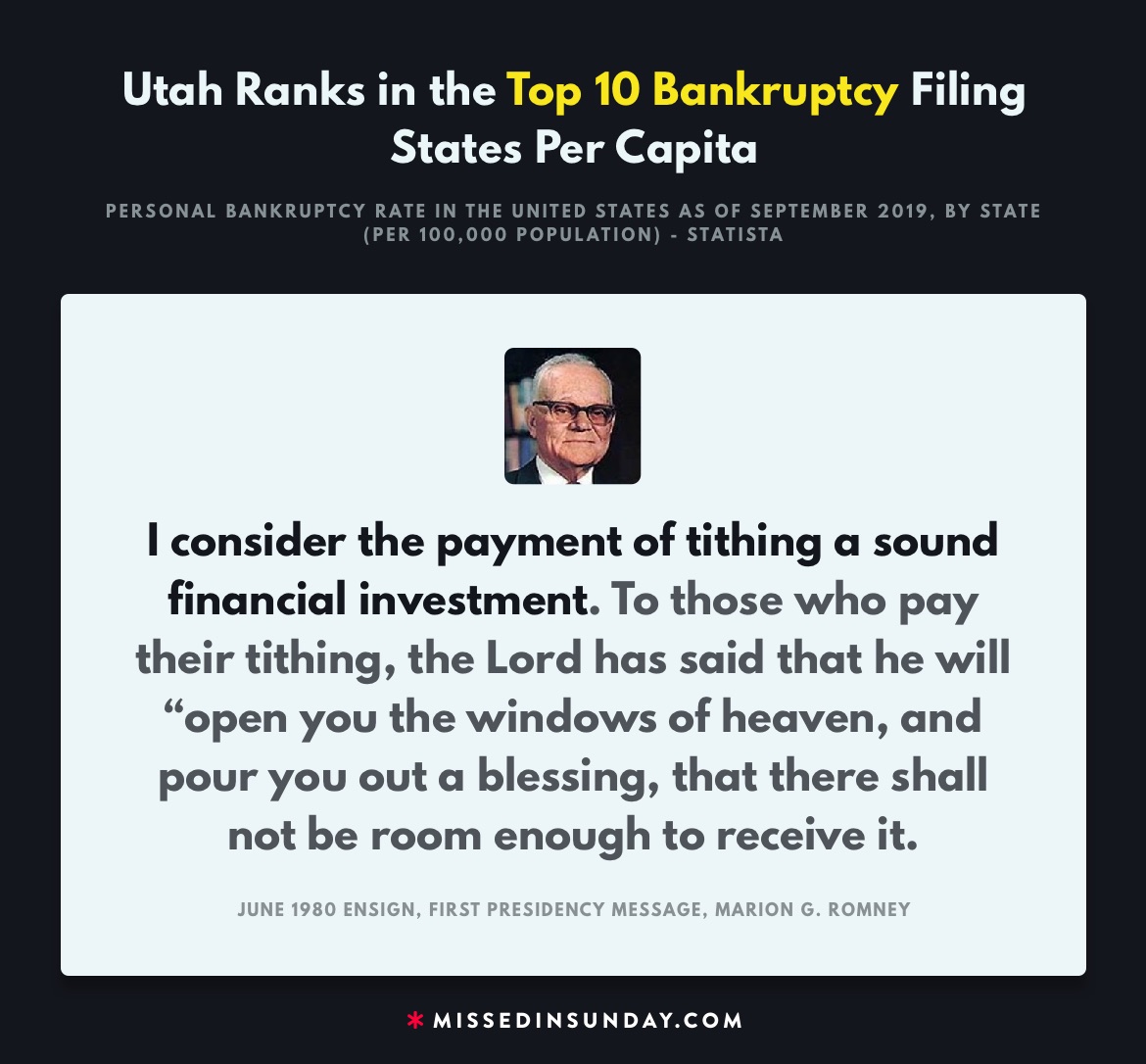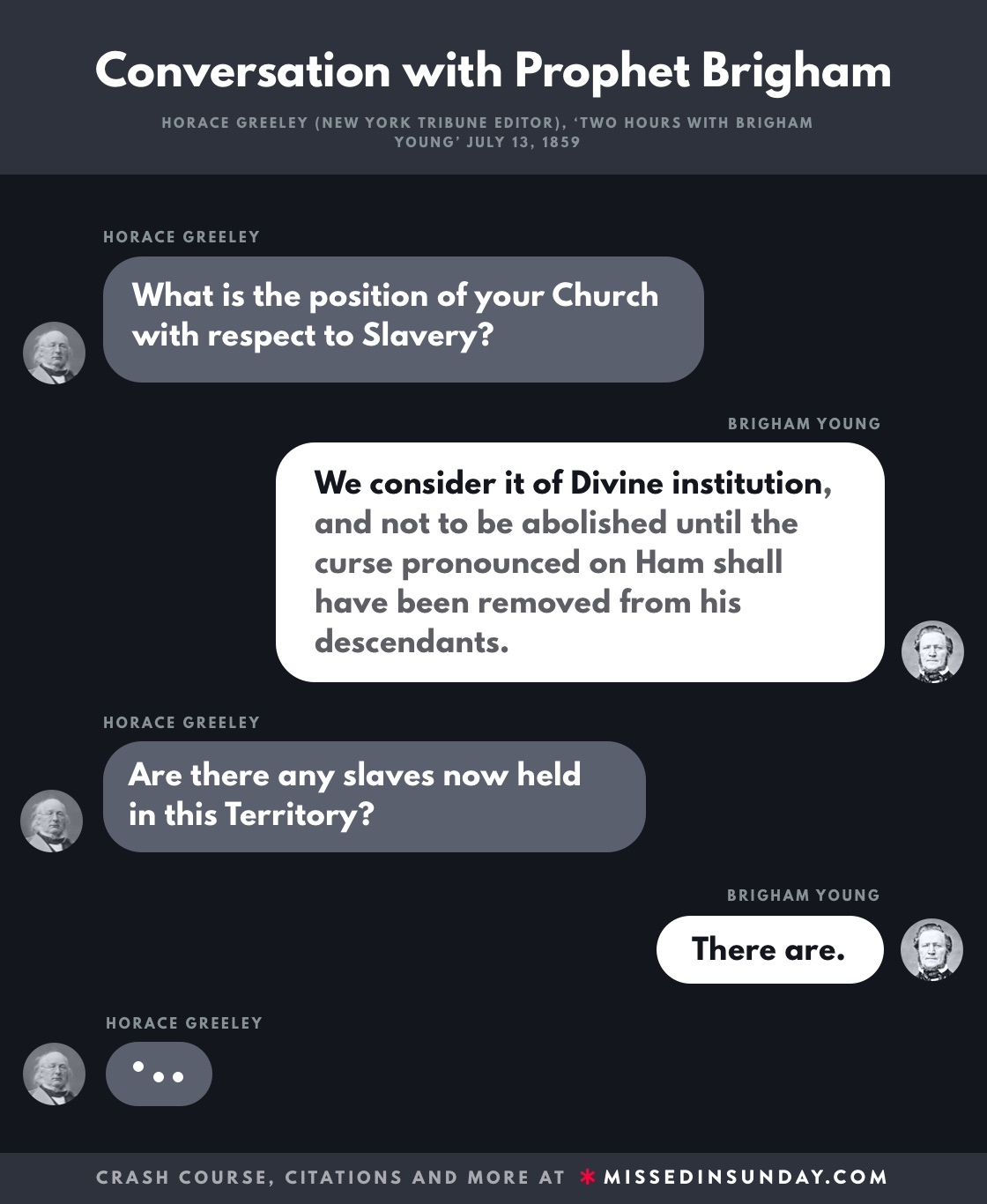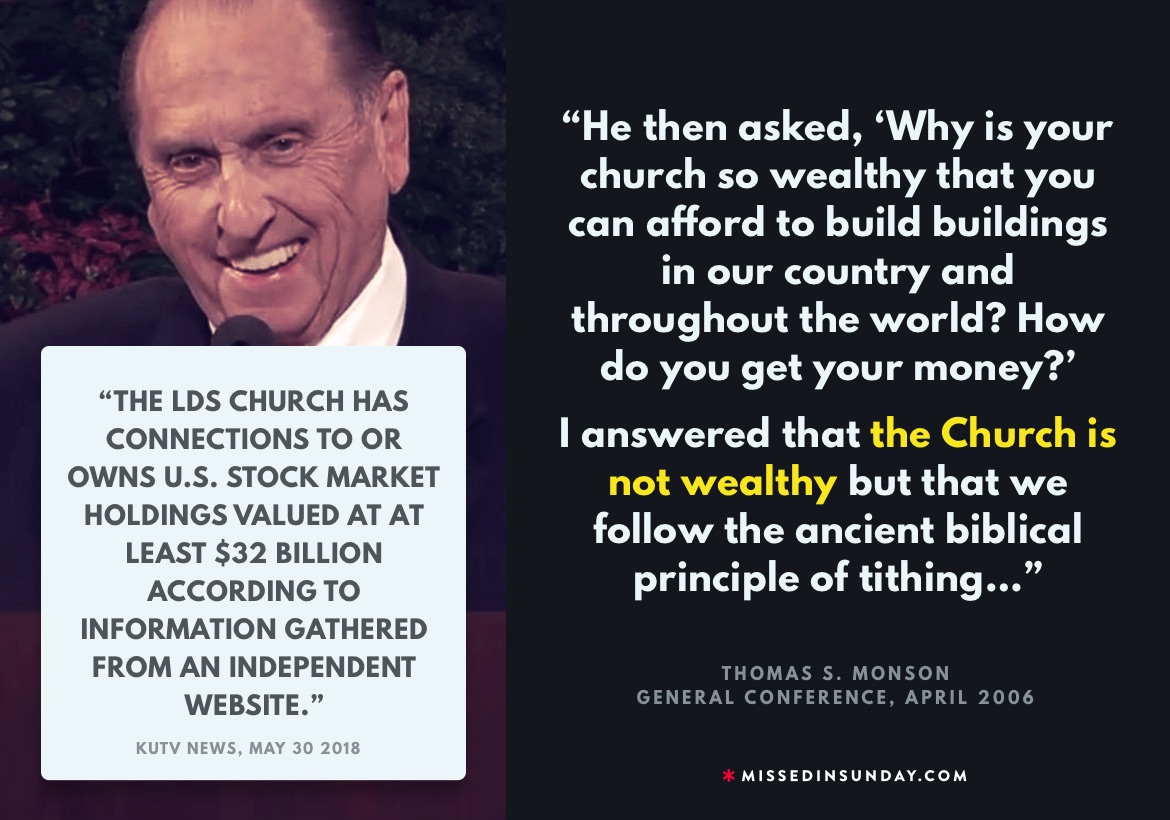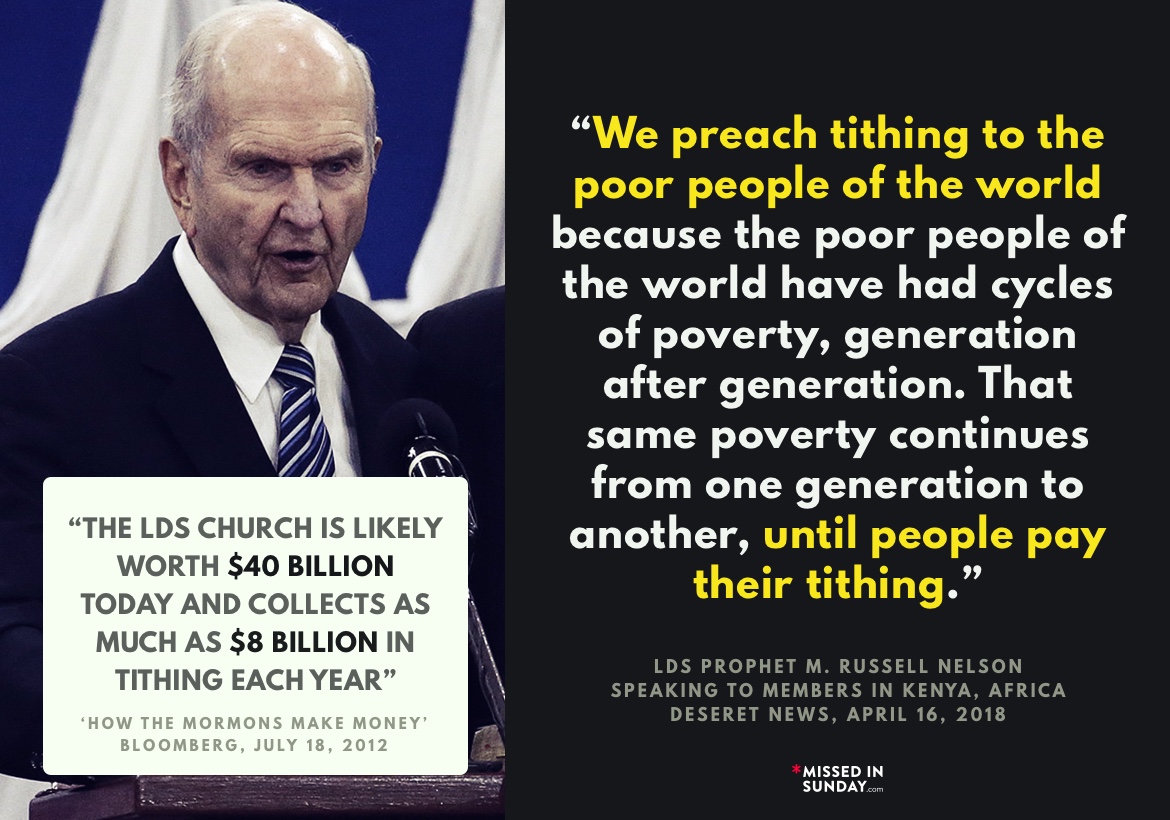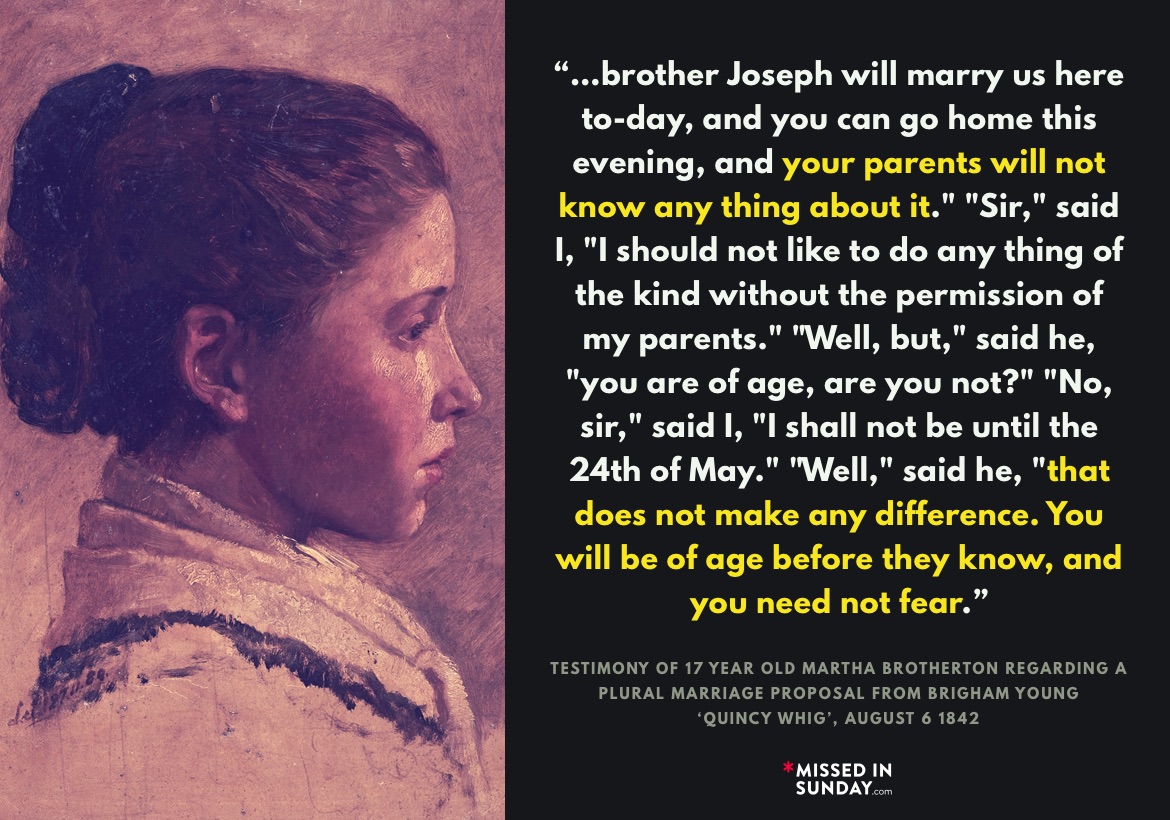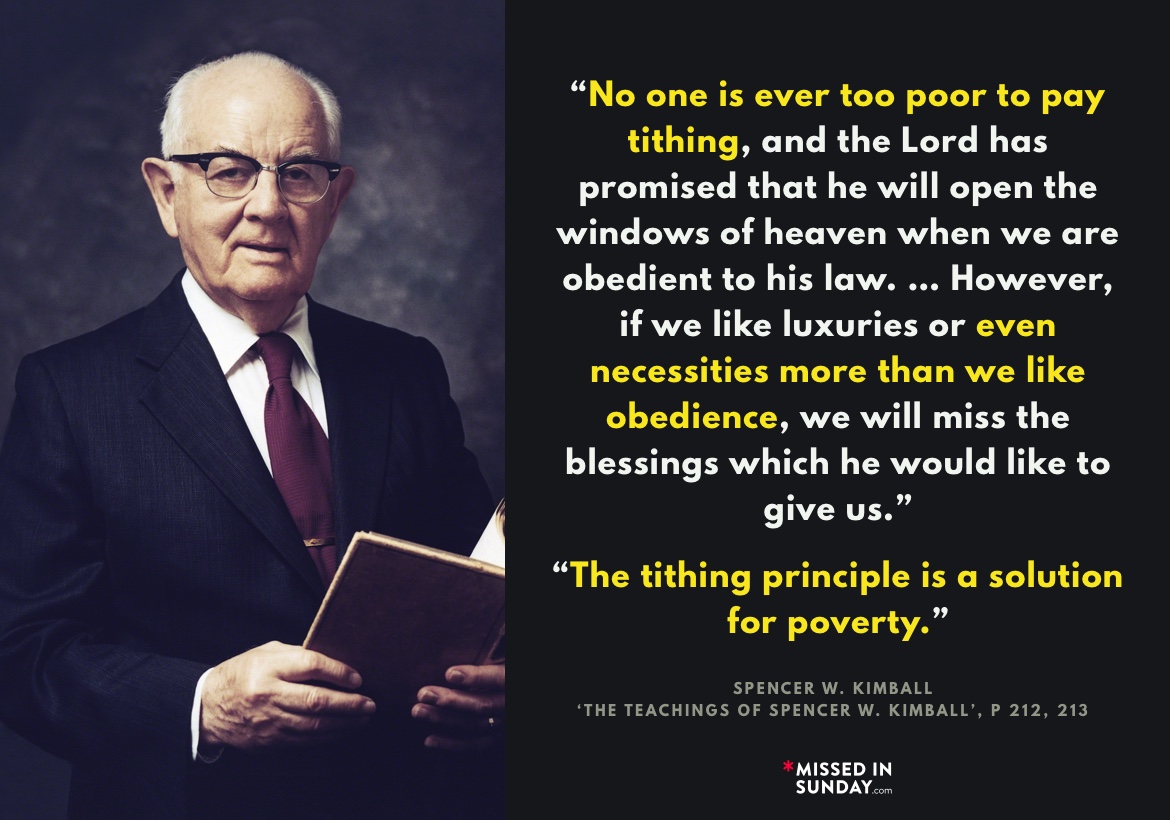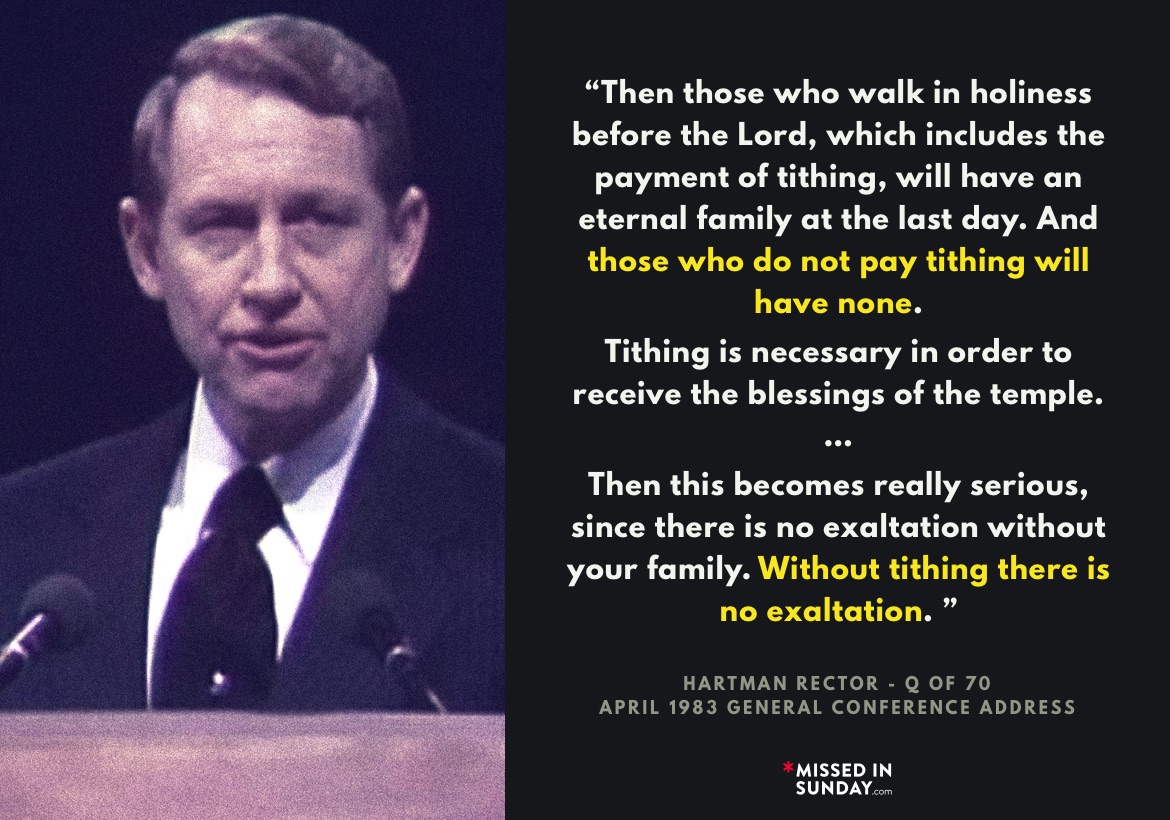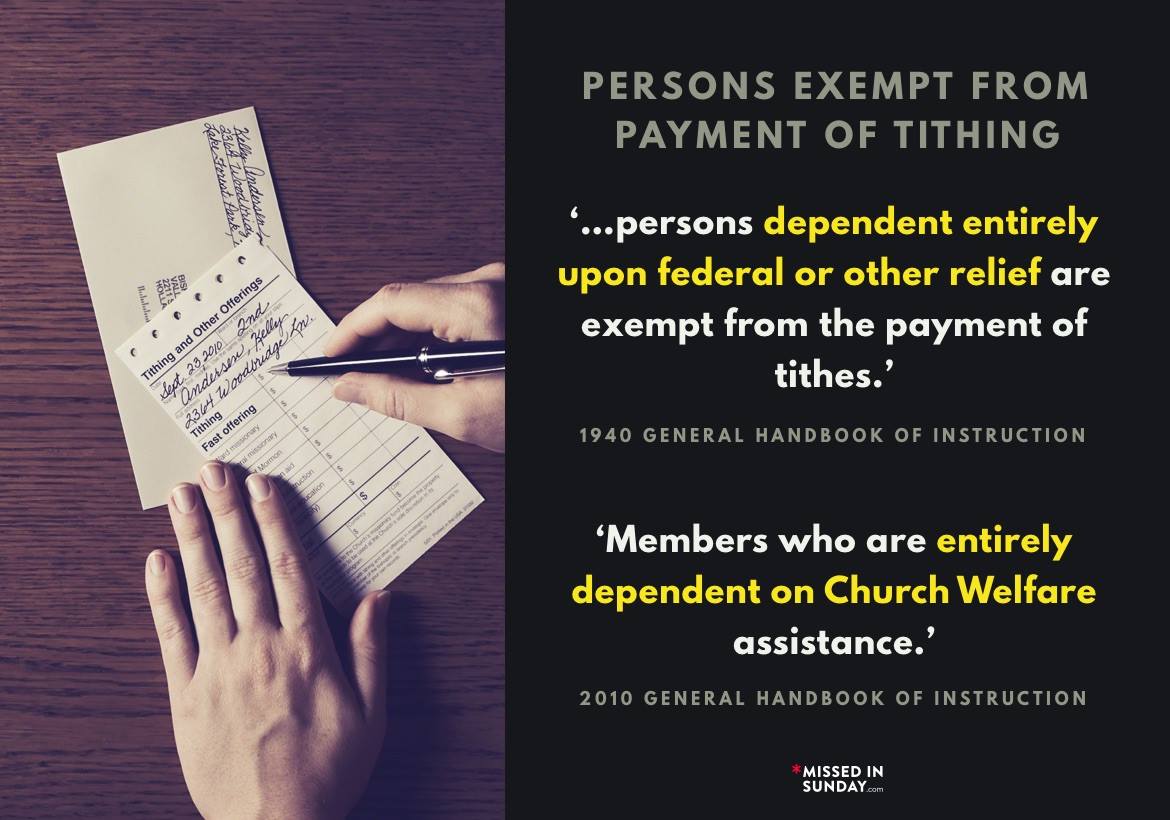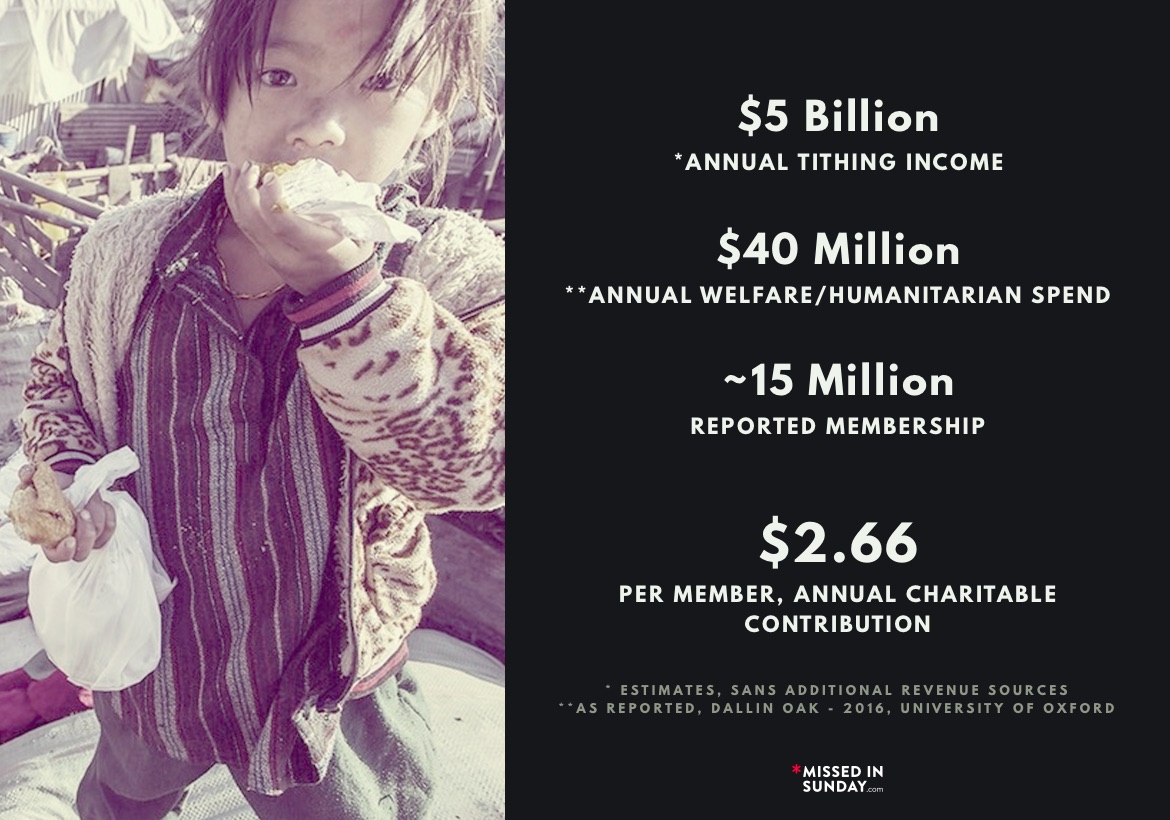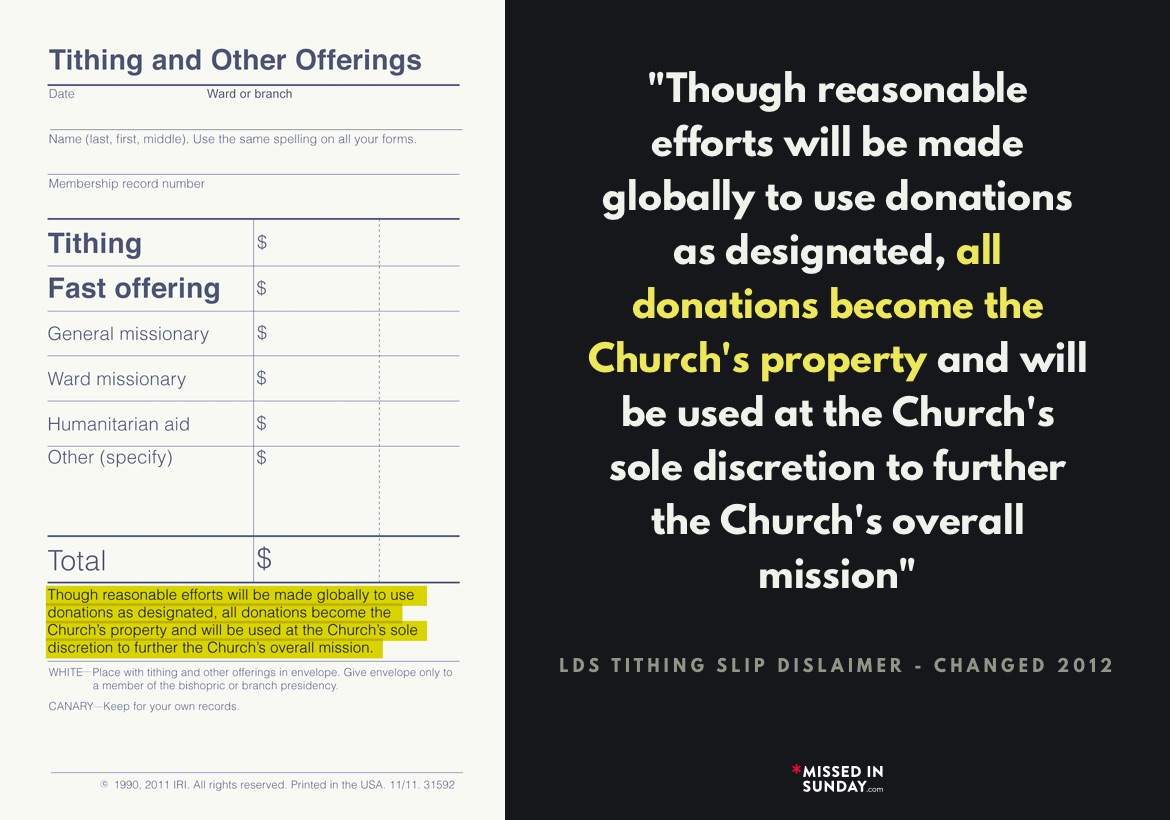My friend Dr. [John M.] Bernisel, M.C. [Mormon Church], took me this afternoon, by appointment, to meet Brigham Young, President of the Mormon Church, who had expressed a willingness to receive me at 2 P.M. We were very cordially welcomed at the door by the President, who led us into the second-story parlor of the largest of his houses (he has three), where I was introduced to Heber C. Kimball, Gen. [Daniel H.] Wells, Gen. [James] Ferguson, Albert Carrington, Elias Smith, and several other leading men in the Church, with two full-grown sons of the President. After some unimportant conversation on general topics, I had come in quest of fuller respecting the doctrines and polity [organization] of the Mormon Church, and would like to ask some questions bearing directly on these, if there were no objections. President Young avowed his willingness to respond to all pertinent inquiries, the conversation proceeded substantially as follows:
H.G. — Am I to regard Mormonism (so-called) as a new religion, or as simply a new development of Christianity?
B.Y. — We hold that there can be no true Christian Church without a priesthood directly commissioned by and in immediate communication with the Son of God and Savior of mankind. Such a church is that of the Latter-Day Saints, called by their enemies Mormons; we know no other that even pretends to have present and direct revelations of God’s will.
H.G. — Then I am to understand that you regard all other churches professing to be Christian as The Church of Rome regards all churches not in communion with itself — as schismatic, heretical, and out of the way of salvation?
B. Y. — Yes, substantially.
H.G. — Apart from this, in what respect do your doctrines differ from those of our Orthodox Protestant Churches — the Baptist or Methodist, for example?
B.Y. — We hold the doctrines of Christianity, as revealed in the Old and New Testaments — also in the Book of Mormon, which teaches the same cardinal truths, and those only.
H.G. — Do you believe in the doctrine of the Trinity?
B. Y. — We do; but not exactly as it is held by other churches. We believe in the Father, the Son, and the Holy Ghost, as equal, but not identical — not as one person [being]. We believe in all the Bible teaches on this subject.
H.G. — Do you believe in a personal devil — a distinct, conscious, spiritual being, whose nature and acts are essentially malignant and evil?
B.Y. — We do.
H.G. — Do you hold the doctrine of Eternal Punishment?
B.Y. — We do; though perhaps not exactly as other churches do. We believe it as the Bible teaches it.
H.G. — I understand that you regard Baptism by Immersion as essential.
B.Y. — We do.
H.G. — Do you practice Infant Baptism?
B.Y. — No.
H.G. — Do you make removal to these valleys obligatory on your converts?
B.Y. — They would consider themselves greatly aggrieved if they were not invited hither. We hold to such a gathering together of God’s People as the Bible foretells, and that this is the place and now is the time appointed for its consummation.
H.G. — The predictions to which you refer have, usually, I think, been understood to indicate Jerusalem (or Judea) as the place of such gathering.
B.Y. — Yes, for the Jews — not for others.
H.G. — What is the position of your Church with respect to Slavery?
B.Y. — We consider it of Divine institution, and not to be abolished until the curse pronounced on Ham shall have been removed from his descendants.
H.G. — Are there any slaves now held in this Territory?
B.Y. — There are.
H.G. — Do your Territorial laws uphold Slavery?
B.Y. — Those laws are printed — you can read them for yourself. If slaves are brought here by those who owned them in the States, we do not favor their escape from the service of those owners.
H.G. — Am I to infer that Utah, if admitted as a member of the Federal Union, will be a Slave State?
B.Y. — No; she will be a Free State. Slavery here would prove useless and unprofitable. I regard it generally as a curse to the masters. I myself hire many laborers and pay them fair wages; I could not afford to own them. I can do better than subject myself to an obligation to feed and clothe their families, to provide and care for them, in sickness and health. Utah is not adapted to Slave Labor.
H.G. — Let me now be enlightened with regard more especially to your Church polity [government]; I understand that you require each member to pay over one-tenth of all he produces or earns to the Church.
B.Y. — That is a requirement of our faith. There is no compulsion as to the payment. Each member acts in the premises according to his pleasure, under the dictates of his own conscience.
H.G. — What is done with the proceeds of this tithing?
B.Y. — Part of it is devoted to building temples and other places of worship; part to helping the poor and needy converts on their way to this country; and the largest portion to the support of the poor among the Saints.
H.G. — Is none of it paid to Bishops and other dignitaries of the Church?
B.Y. — Not one penny. No Bishop, no Elder, no Deacon, or other church officer, receives any compensation for his official services. A Bishop is often required to put his hand in his own pocket and provide therefrom for the poor of his charge; but he never receives anything for his services.
H.G. — How then do your ministers live?
B.Y. — By the labor of their own hands, like the first Apostles. Every Bishop, every Elder, may be daily seen at work in the field or the shop, like his neighbors; every minister of the Church has his proper calling by which he earns the bread of his family; he who cannot or will not do the Church’s work for nothing is not wanted in her services; even our lawyers (pointing to Gen. Ferguson and another present, who are the regular lawyers of the Church) are paid nothing for their services; I am the only person in the Church who has not a regular calling apart from the Church’s service, and I never received one farthing from her treasury; if I obtain anything from the tithing-house, I am charged with and pay for it, just as anyone else would; the clerks in the tithing-store are paid like other clerks, but no one is ever paid for any service pertaining to the ministry. We think a man who cannot make his living aside from the Ministry of Christ unsuited to that office. I am called rich, and consider myself worth $250,000; but no dollar of it was ever paid me by the Church or for any service as a minister of the Everlasting Gospel. I lost nearly all I had when we were broken up in Missouri and driven from that State; I was nearly stripped again when Joseph Smith was murdered and we were driven from Illinois; but nothing was ever made up to me by the Church, nor by any one. I believe I know how to acquire property and how to take care of it.
H.G. — Can you give me any rational explanation of the aversion and hatred with which your people are generally regarded by those among whom they have lived and with whom they have been brought directly in contact?
B.Y. — No other explanation than is afforded by the crucifixion of Christ and the kindred treatment of God’s ministers, prophets, saints in all ages.
H.G. — I know that a new sect is always decried and traduced — that it is hardly ever deemed respectable to belong to one — that the Baptists, Quakers, Methodists, Universalists, &c., have each in their turn been regarded in the infancy of their sect as the off-scouring of the earth; yet I cannot remember that either of them were ever generally represented and regarded by the older sects of their early days as thieves, robbers and murderers.
B.Y. — If you will consult the contemporary Jewish accounts of the life and acts of Jesus Christ, you will find that he and his disciples were accused of every abominable deed and purpose — robbery and murder included. Such a work is still extant, and may be found by those who seek it.
H.G. — What do you say of the so-called Danites, or Destroying Angels, belonging to your Church?
B.Y. — What do you say? I know of no such band, no such persons or organization. I hear of them only in the slanders of our enemies.
H.G. — With regard, then, to the grave question on which your doctrine and practices are avowedly at war with those of the Christian world — that of a plurality of wives — is the system of your Church acceptable to the majority of its women?
B.Y. — They could not be more averse to it than I was when it was first revealed to us as the Divine Will. I think they generally accept it, as I do, as the will of God.
H.G. — How general is polygamy among you?
B.Y. — I could not say. Some of those present [heads of the Church] have each but one wife; others have more: each determines what is his individual duty.
H.G. — What is the largest number of wives belonging to any one man?
B.Y. — I have fifteen; I know no one who has more but some of those sealed to me are old ladies whom I regard rather as mothers than wives, but whom I have taken home to cherish and support.
H.G. — Does not the Apostle Paul say that a bishop should be “the husband of one wife”?
B.Y. — So we hold. We do not regard any but a married man as fitted for the office of bishop. But the Apostle Paul does not forbid a bishop from having more wives than one.
H.G. — Does not Christ say that he who puts away his wife, or marries one whom another has put away, commits adultery?
B.Y. — Yes; and I hold that no man should ever put away a wife except for adultery — not always even for that. Such is my individual view of the matter. I do not say that wives have never been put away in our Church, but that I do not approve of the practice.
H.G. — How do you regard what is commonly called the Christian Sabbath?
B.Y. — As a divinely appointed day of rest from secular labor on that day. We would have no man enslaved to the Sabbath, but we enjoin all to respect and enjoy it.
Such is, as nearly as I can recollect, the substance of nearly two hours’ conversation, wherein much was said incidentally that would not be worth reporting, even if I could remember and reproduce it, and wherein others bore a part; but as President Young is the first minister of the Mormon Church, and bore the principal part in the conversation, I have reported his answers alone to my questions and observations. The others appeared, uniformly to defer to his views, and to acquiesce fully in his response and explanations. He spoke readily, not always with grammatical accuracy, but with no appearance of hesitation or reserve, and with no apparent desire to conceal anything, nor did he repel any of my questions as impertinent. He was very plainly dressed in thin summer clothing, and with no air of sanctimony or fanaticism. In appearance he is a portly, frank, good-natured, rather thick-set man of fifty-five, seeming to enjoy life, and be in no particular hurry to get to heaven. His associates are plain men, evidently born and reared to a life of labor, a looking as little like crafty hypocrites or swindlers as any body of men I ever met. The absence of cant or shuffle from their manner was marked and general, yet, I think I may fairly say that their Mormonism has not impoverished them — that they were generally poor men when they embraced it, and are now in very comfortable circumstances — as men averaging three and four wives apiece certainly need to be.
If I hazard any criticisms on Mormonism generally, I reserve them for a separate letter, being determined to make this a fair and full expose of the doctrine and polity in the very words of its Prophet, so far as I can recall them. I do not believe President Young himself could present them in terms calculated to render them less obnoxious to the Gentile world than the above. But I have the right to add here, because I said it to the assembled chiefs at the close of the above colloquy, that the degradation (or, if you please, the restriction) of Woman to the single office of child-bearing and its accessories, is an inevitable consequence of the system here paramount. I have not observed a sign in the streets, an advertisement in the journals, of this Mormon metropolis, whereby a woman proposes to do anything whatever. No Mormon has ever cited to me his wife’s or any woman’s opinion on any subject; no Mormon woman has been introduced or has spoken to me; and, though I have been asked to visit Mormons in their houses, no one has spoken of his wife (or wives) desiring to see me, or his desiring me to make her (or their) acquaintance, or voluntarily indicated the existence of such a being or beings.
I will not attempt to report our talk on this subject, because, unlike what I have above given, it assumed somewhat the character of a disputation, and I could hardly give it impartially; but one remark made by President Young I think I can give accurately, and it may serve as a sample of all that was offered on that side.
It was in these words, I think exactly: “If I did not consider myself competent to transact a certain business without taking my wife’s or any woman’s counsel with regard to it, I think I ought to let that business alone.”
The spirit with regard to Woman, of the entire Mormon, as of all other polygamic systems, is fairly displayed in this avowal. Let any such system become established and prevalent, and Woman will soon be confined to the harem, and her appearance on the street with unveiled face will be accounted immodest. I joyfully trust that the genius of the Nineteenth Century tends to a solution of the problem of Women’s sphere and destiny radically different from this.
H.G.


